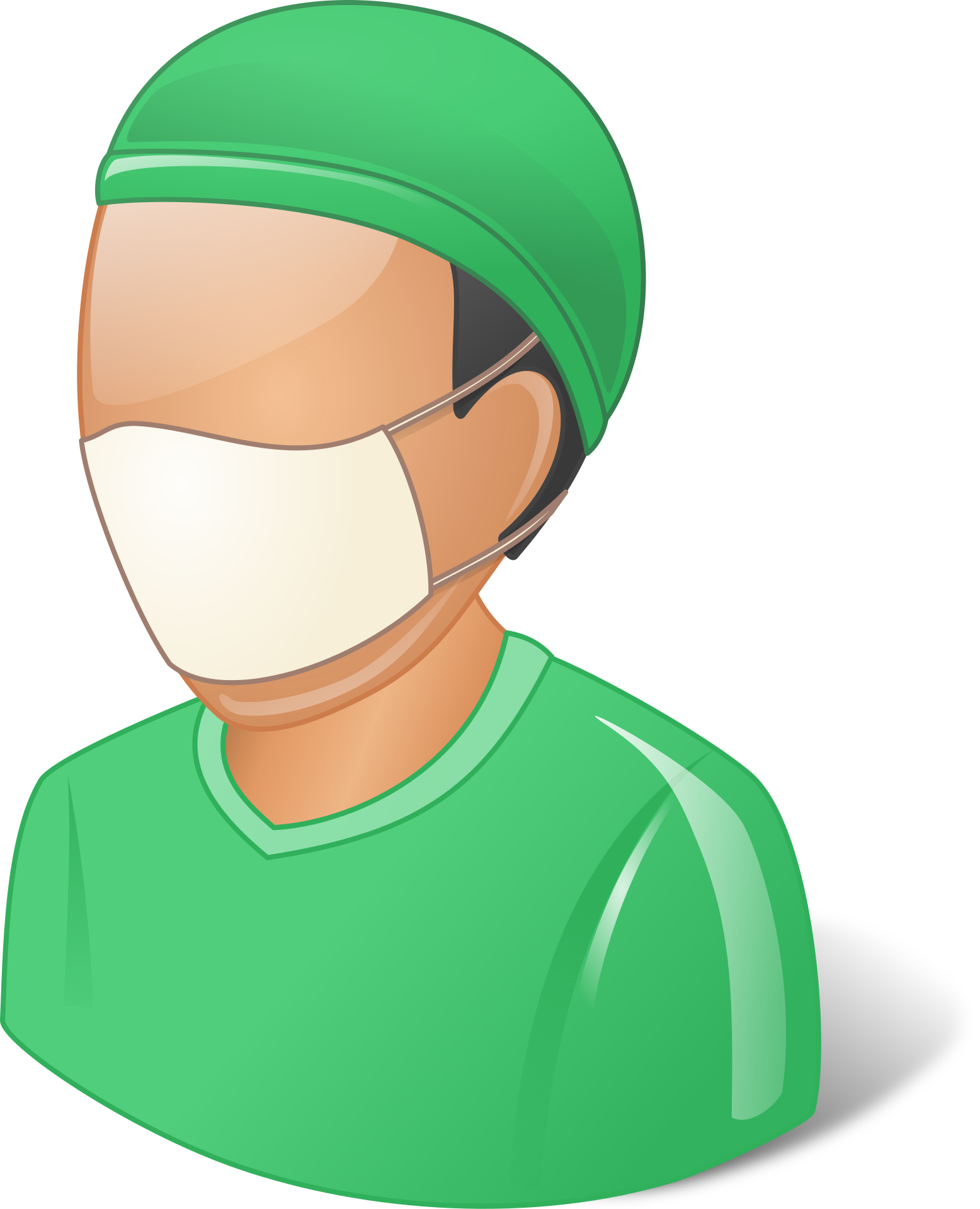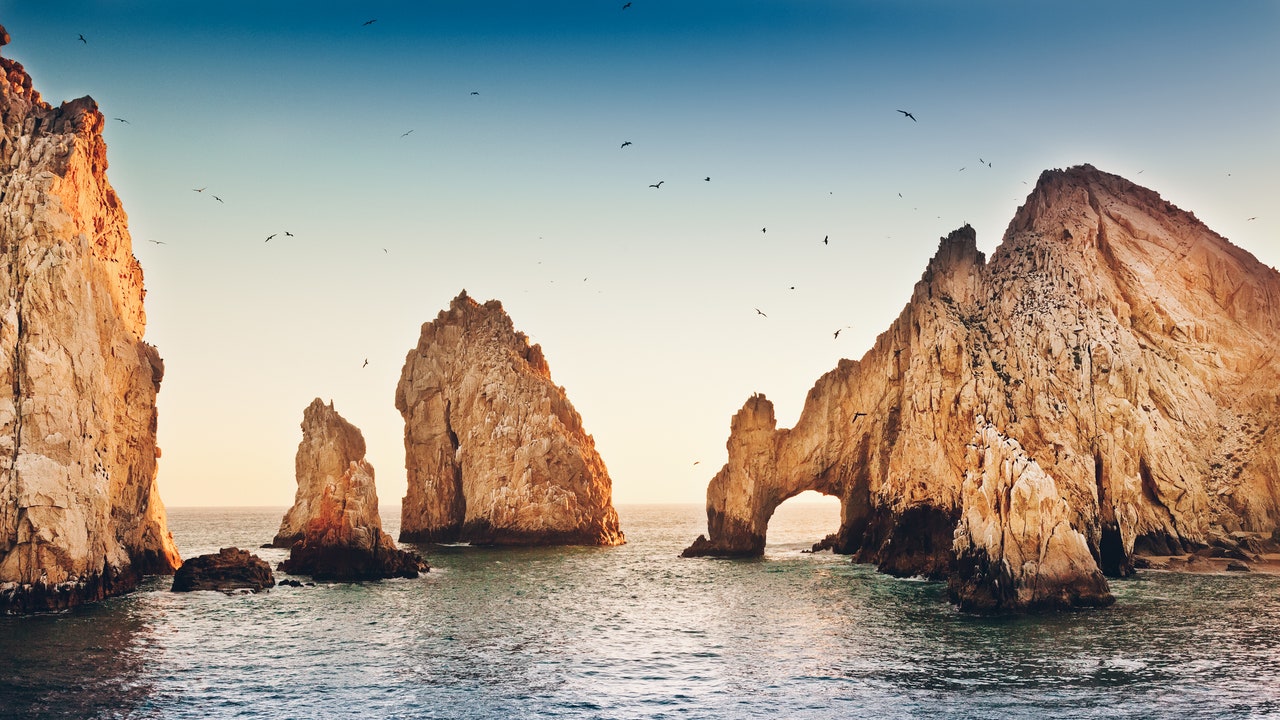Traveling as parents can be a double-edged sword. On the one hand, family trips are a way to create long-lasting memories or traditions that can span generations. On the other, traveling with children—especially young children—can be a source of significant stress.
But for new moms experiencing perinatal and postpartum mood disorders, traveling with an infant can also be a step toward healing. Isabel, 30, who asked to be referred to by her first name only, realized relatively quickly that she was struggling with symptoms of postpartum depression and postpartum anxiety after the birth of her third child at the end of 2019. She had experienced both debilitating disorders after the births of her first two children, though it took much longer—over a year after her first, and nine months after her second—for her to recognize it. This time was different, though.
“I was snapping at my older children a lot and very quickly,” says Isabel. “I hated that it was happening again, but the rage and heaviness were all too familiar.”
She immediately sought out talk therapy and was promptly put on medication to help ameliorate and treat the ever-increasing symptoms—including irritability, mood swings, and hopelessness—but the onset of the COVID-19 pandemic only made things worse. “Had 2020 not fallen apart, I think I would have been able to handle it better,” she says.
So she did what she thought was best for her mental health. She traveled.
“We took several overnight trips [to visit family] and we took one belated anniversary trip with just the baby as well,” says Isabel, who had to navigate the country’s ongoing travel restrictions to do so. “My children love seeing their grandparents and we appreciate the extra love and support for our children. I feel relieved when we visit family instead of my usual state of being constantly overwhelmed.”
As many as one in eight women in the United States will experience postpartum depression, which can manifest in feelings such as anger, social withdrawal, and worthlessness, according to a Centers for Disease Control and Prevention (CDC) research. And the ongoing pandemic has exacerbated the country’s pre-existing mental health crisis, especially for mothers. As many as 74 percent of U.S. mothers say they feel mentally worse since the pandemic began, according to a Motherly survey in May 2020, due in no small part to the isolation of sheltering in place, the loss of support systems like child care or nearby family, and the stressors of working from home while facilitating at-home e-learning and other childrearing and household responsibilities. A study of over 600 women with infants up to 12 weeks old found that during the first U.K. lockdown, 43 percent met the criteria for clinical depression and 61 percent met the criteria for anxiety.
Studies have also shown that traveling can and often does improve mental health. One 2013 survey of 485 U.S. adults linked travel to enhanced empathy, attention, energy, and focus. Another 2010 survey found that simply planning a trip can significantly increase one’s overall happiness.
That was certainly the case for Lindsey Davidson, 32, an Oklahoma City native. Even after assessing her own COVID-19 risk factors, including the possibility of being travel shamed, taking a trip felt like more than a good change of pace—it felt necessary.
After she was told her first pregnancy wasn’t viable and underwent a dilation and curettage (D&C) to remove the remains of the pregnancy, she and her husband considered canceling their previously planned trip to Hawaii. But she and her husband had to get away—to be somewhere other than their home. “We had just moved into a new house two weeks before the miscarriage, so we bought this beautiful new home and our first memories are of this terrible, horrific loss,” she explains. “After losing our first pregnancy that way, our world was literally turned upside down. It would have been really easy to cancel that trip, stay home, and cry, but I looked at my husband and said, ‘I can bleed here in Oklahoma or I can bleed on a beach.’”

